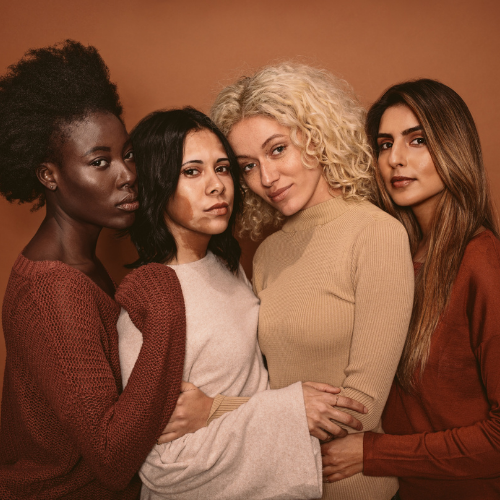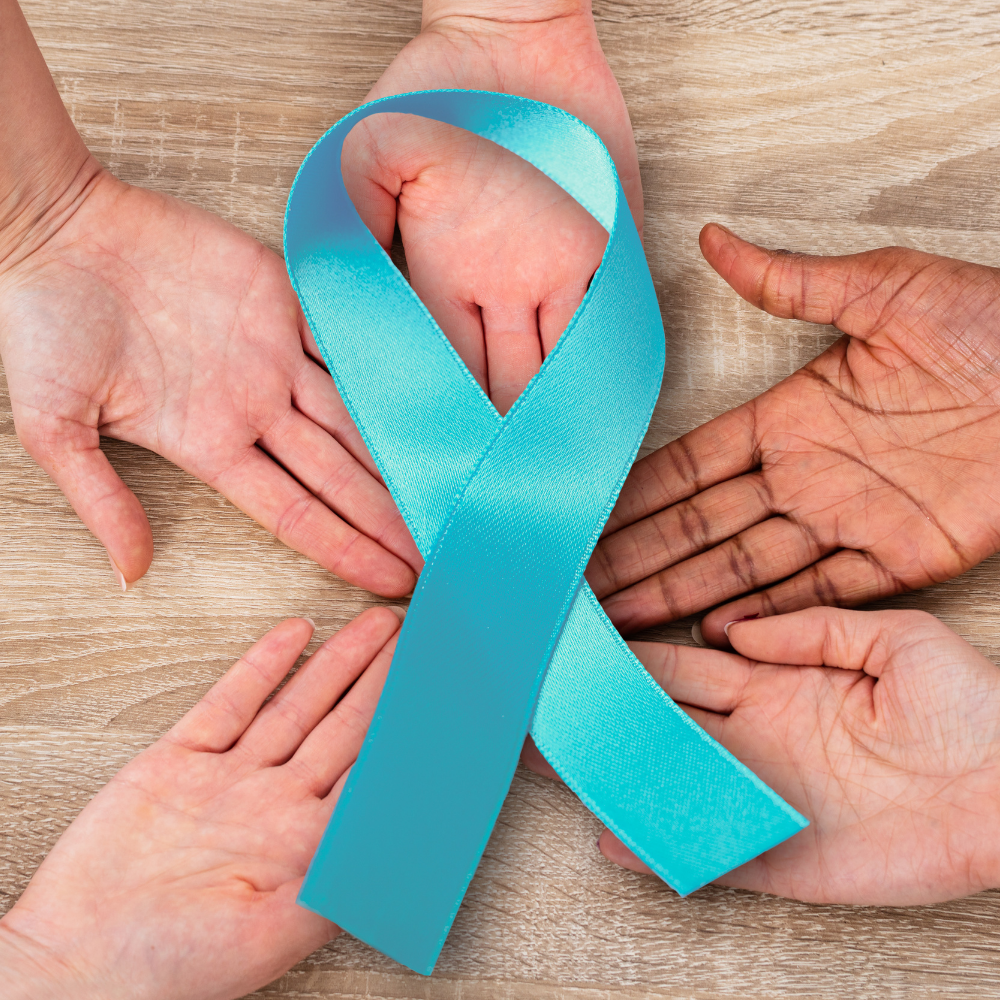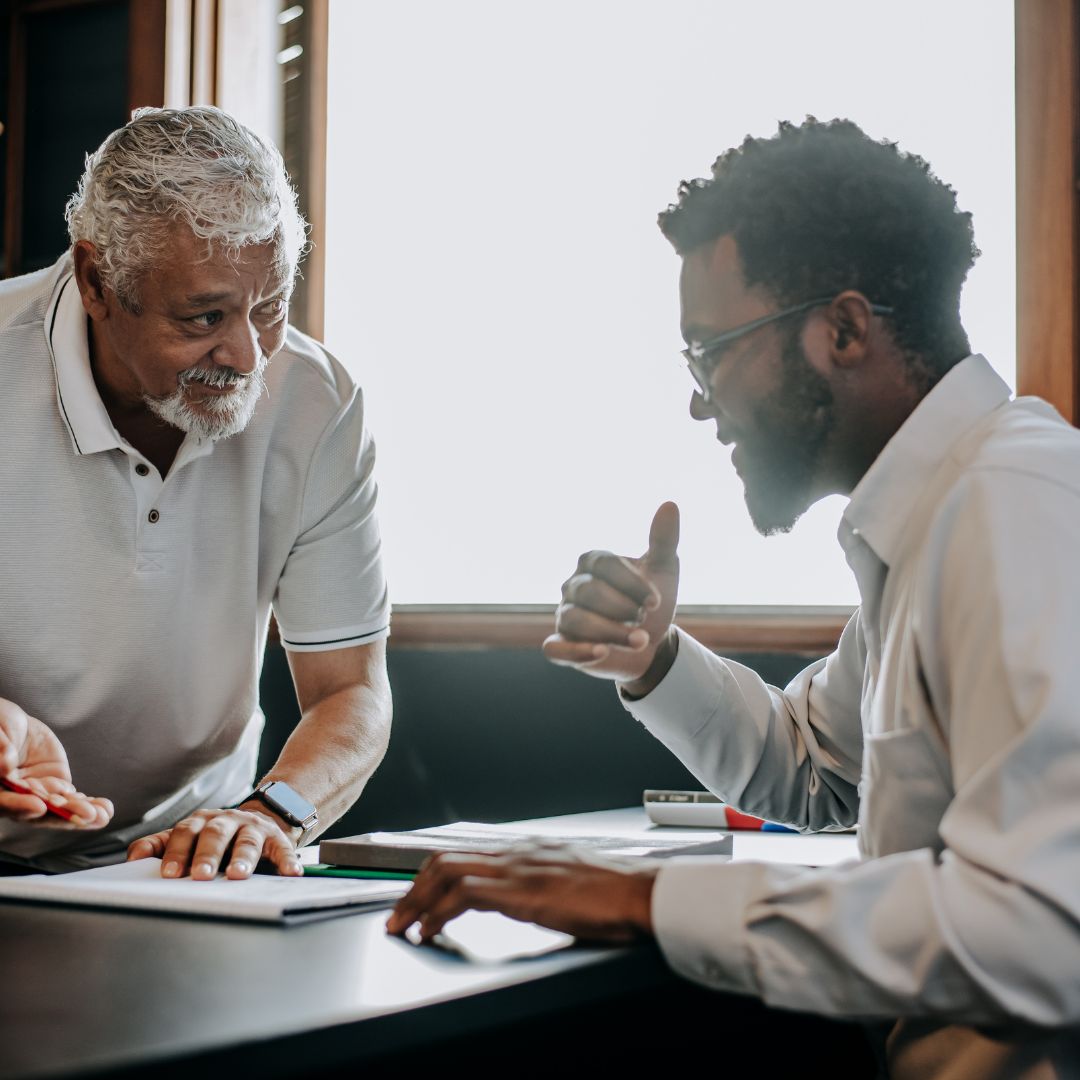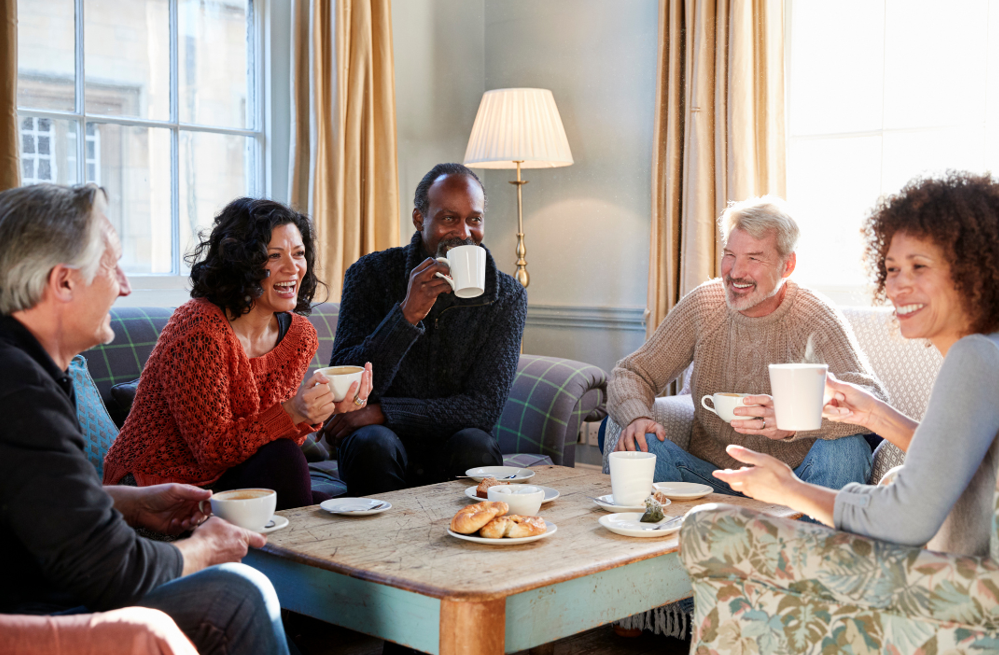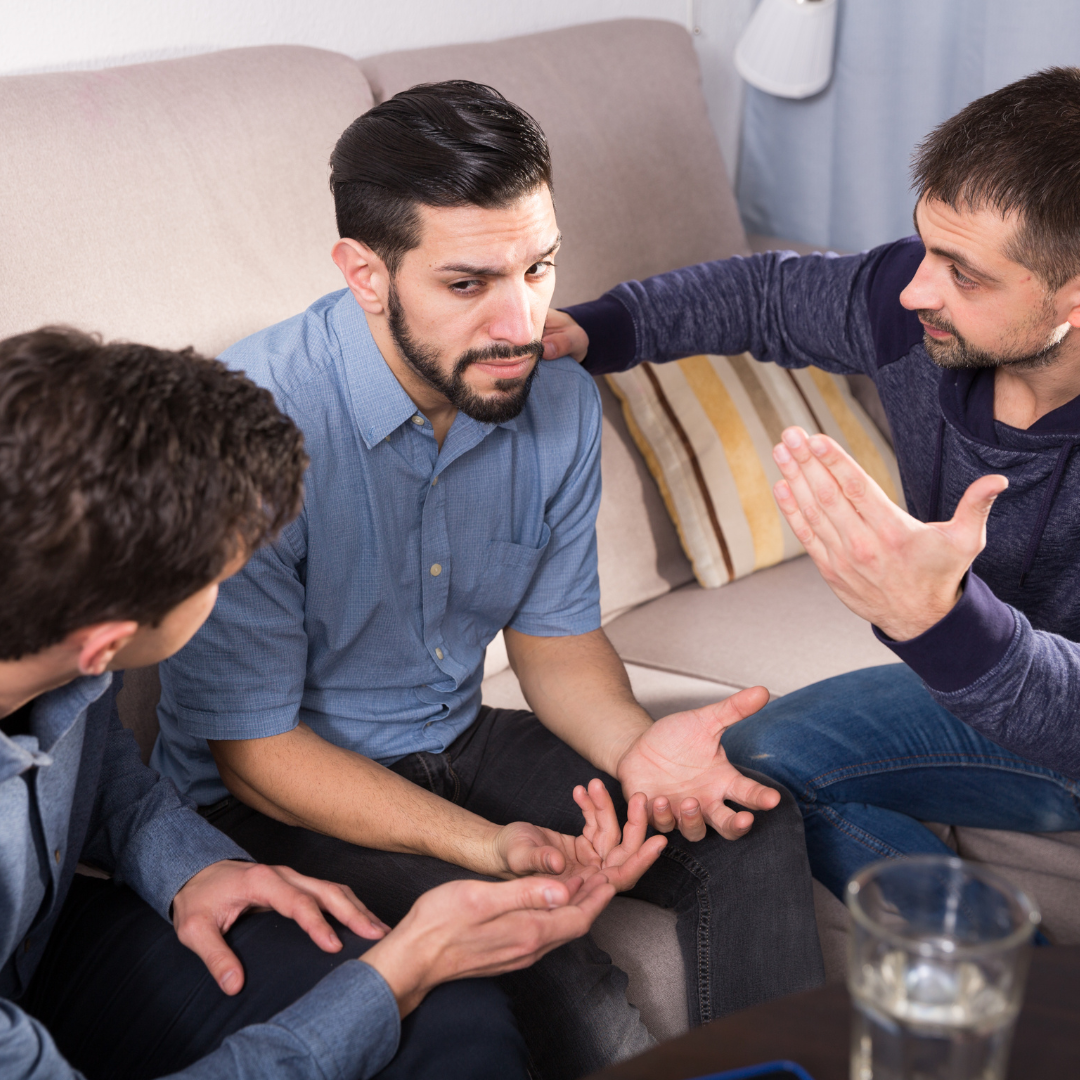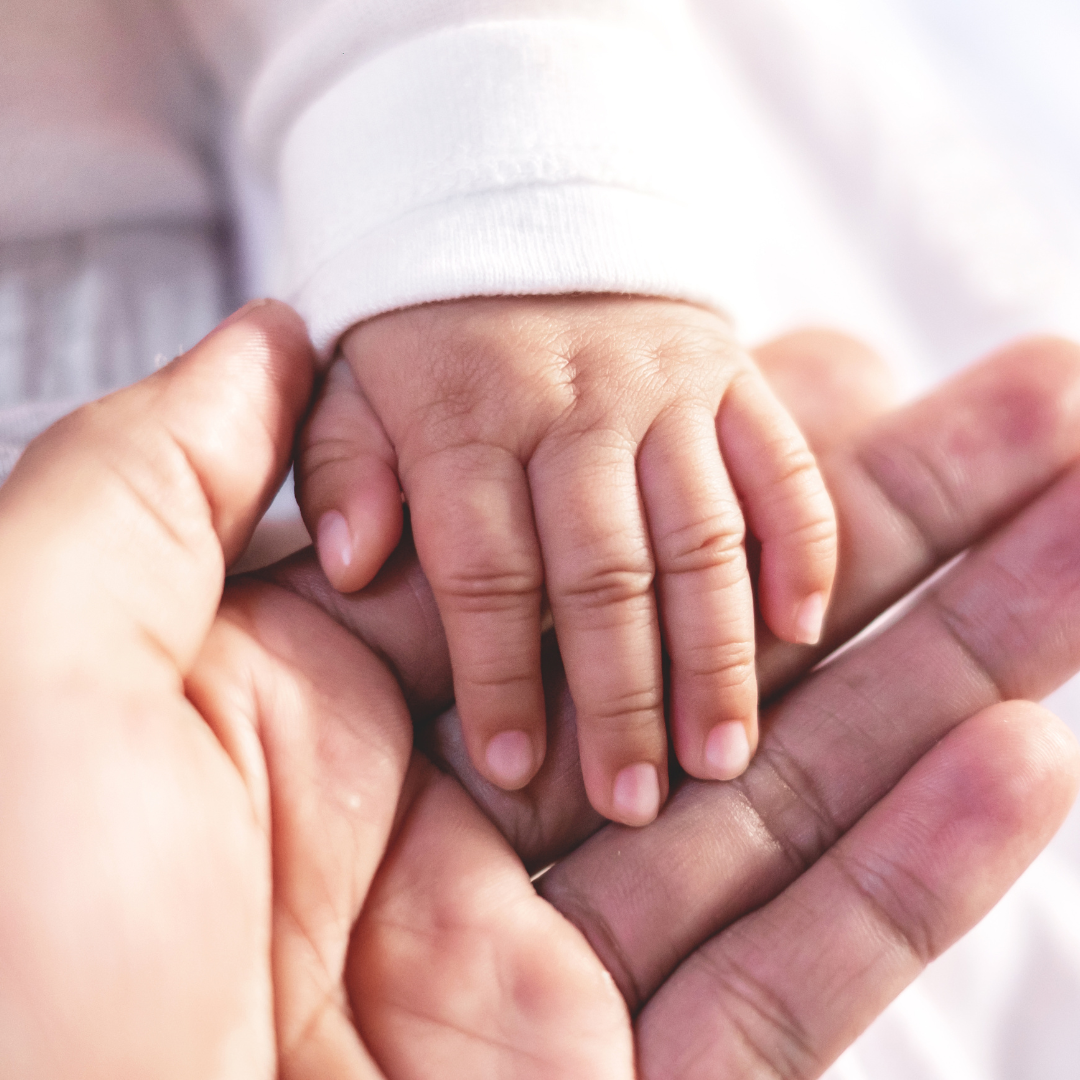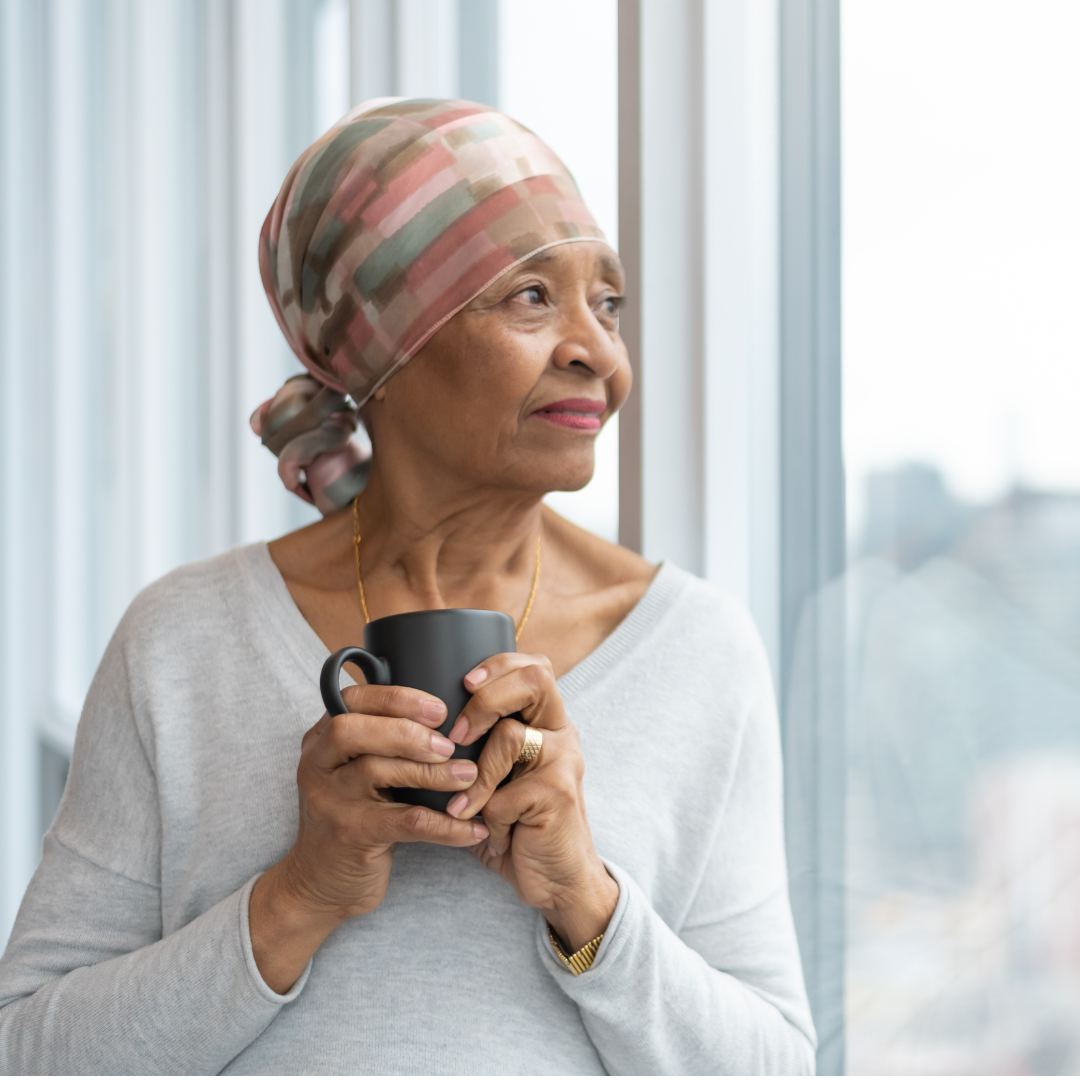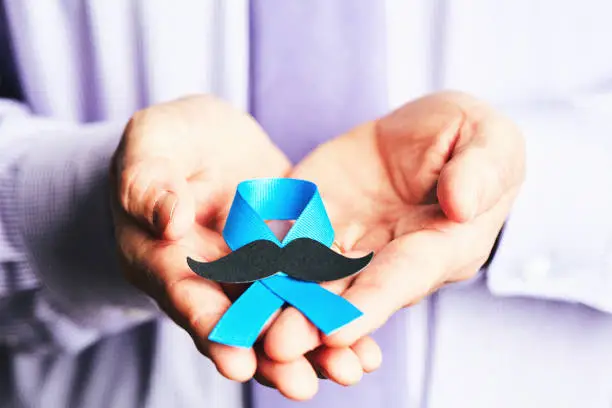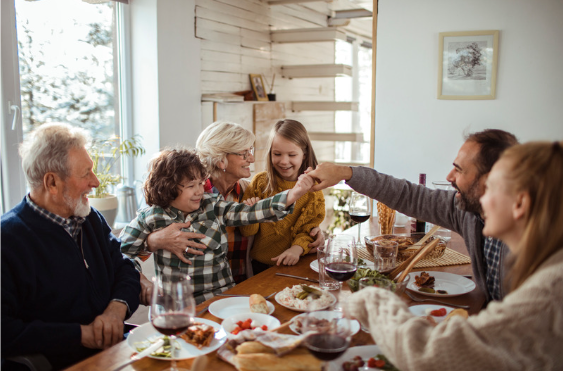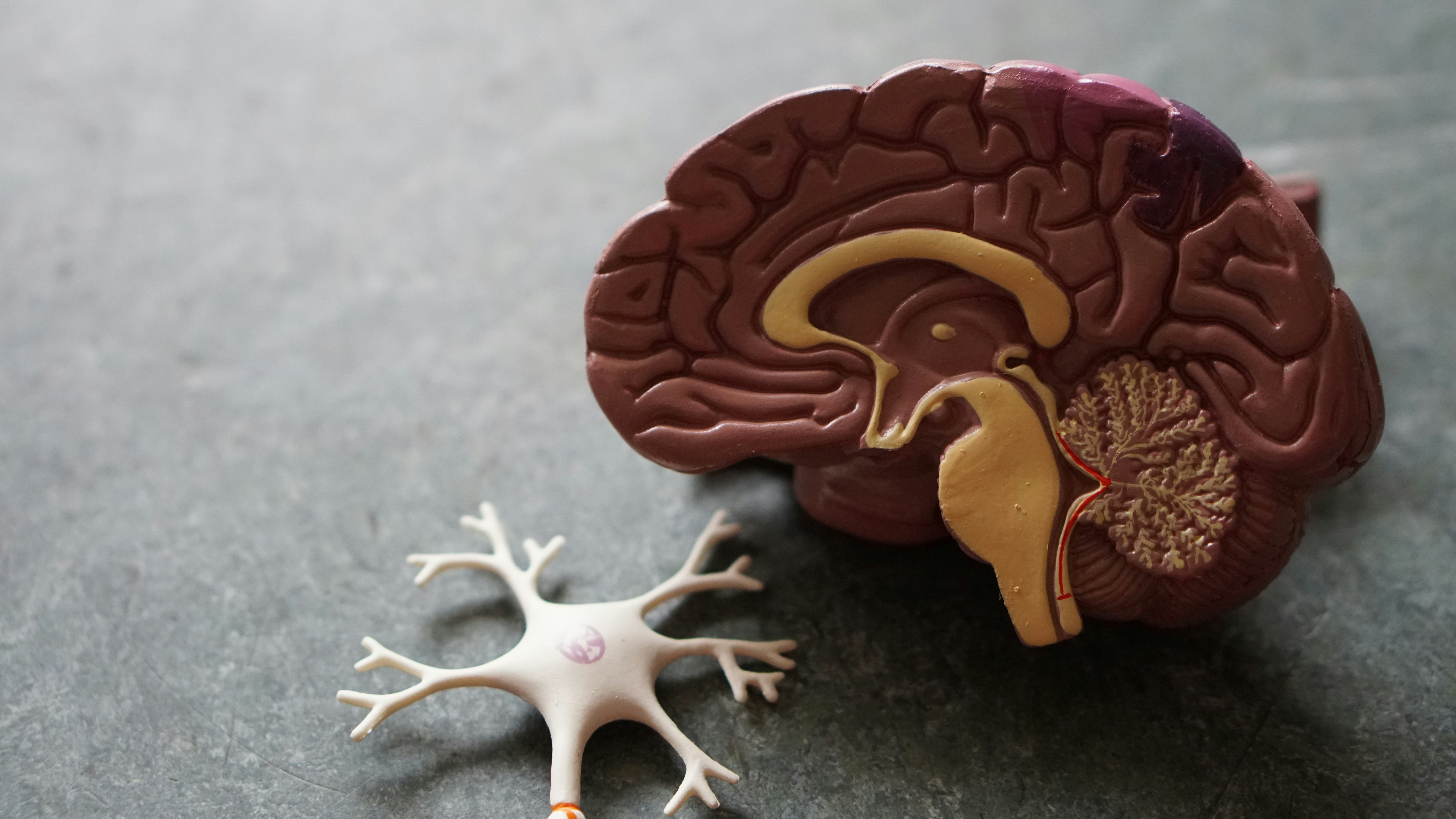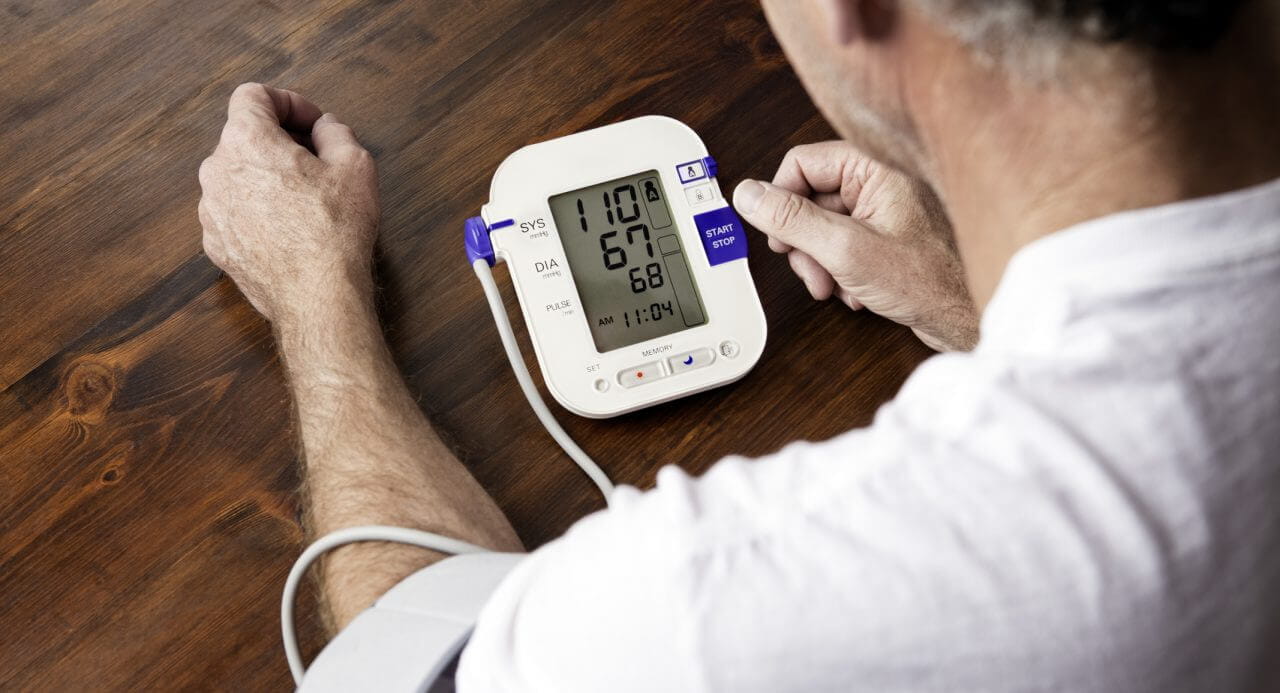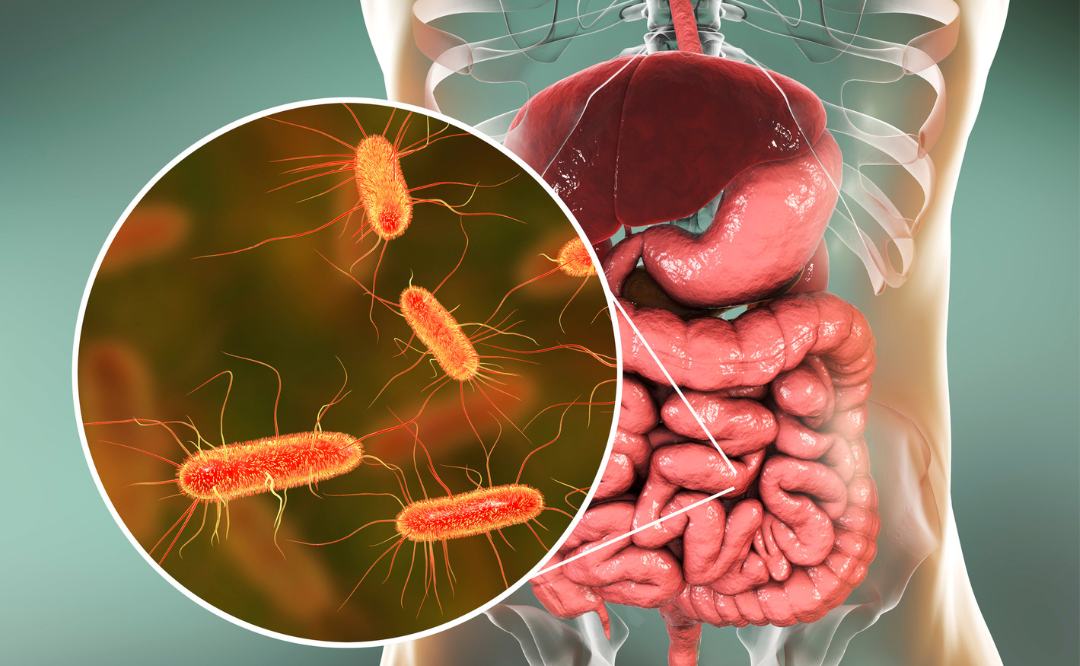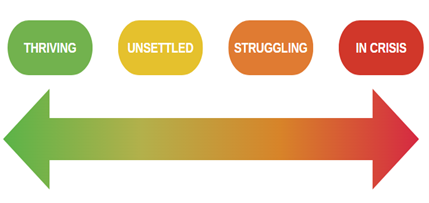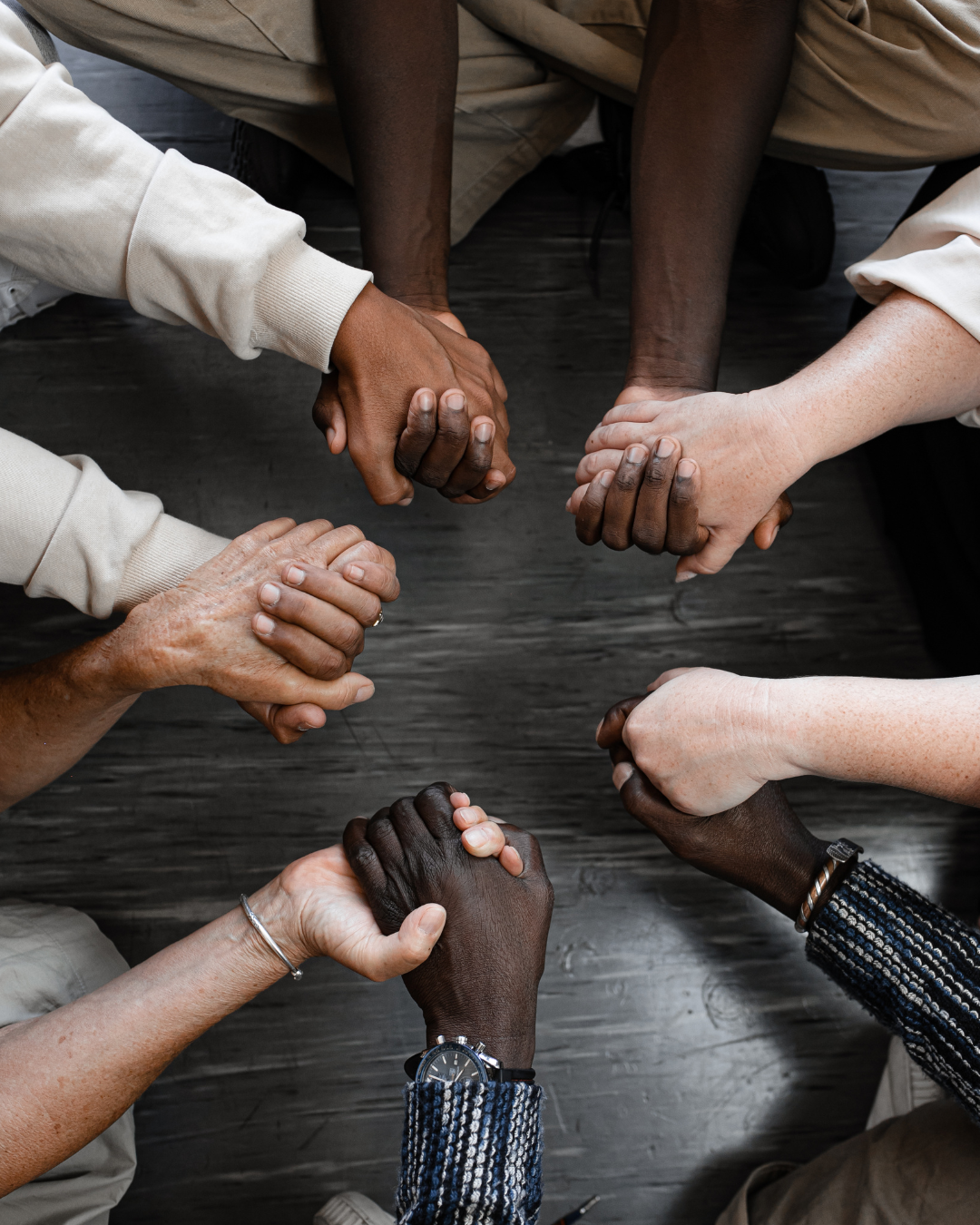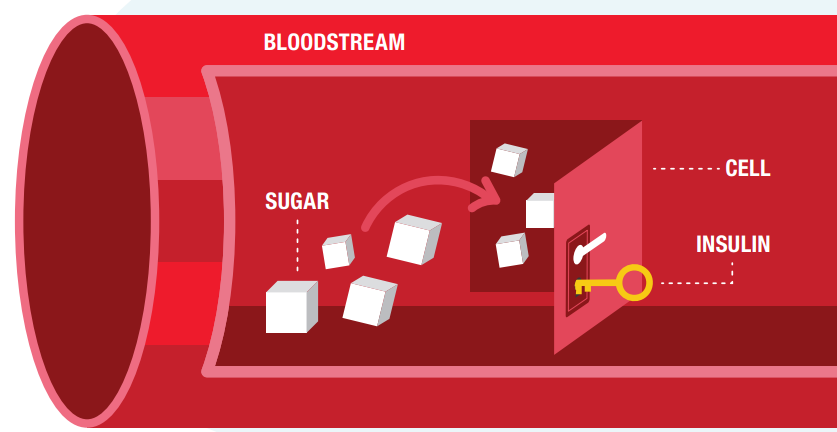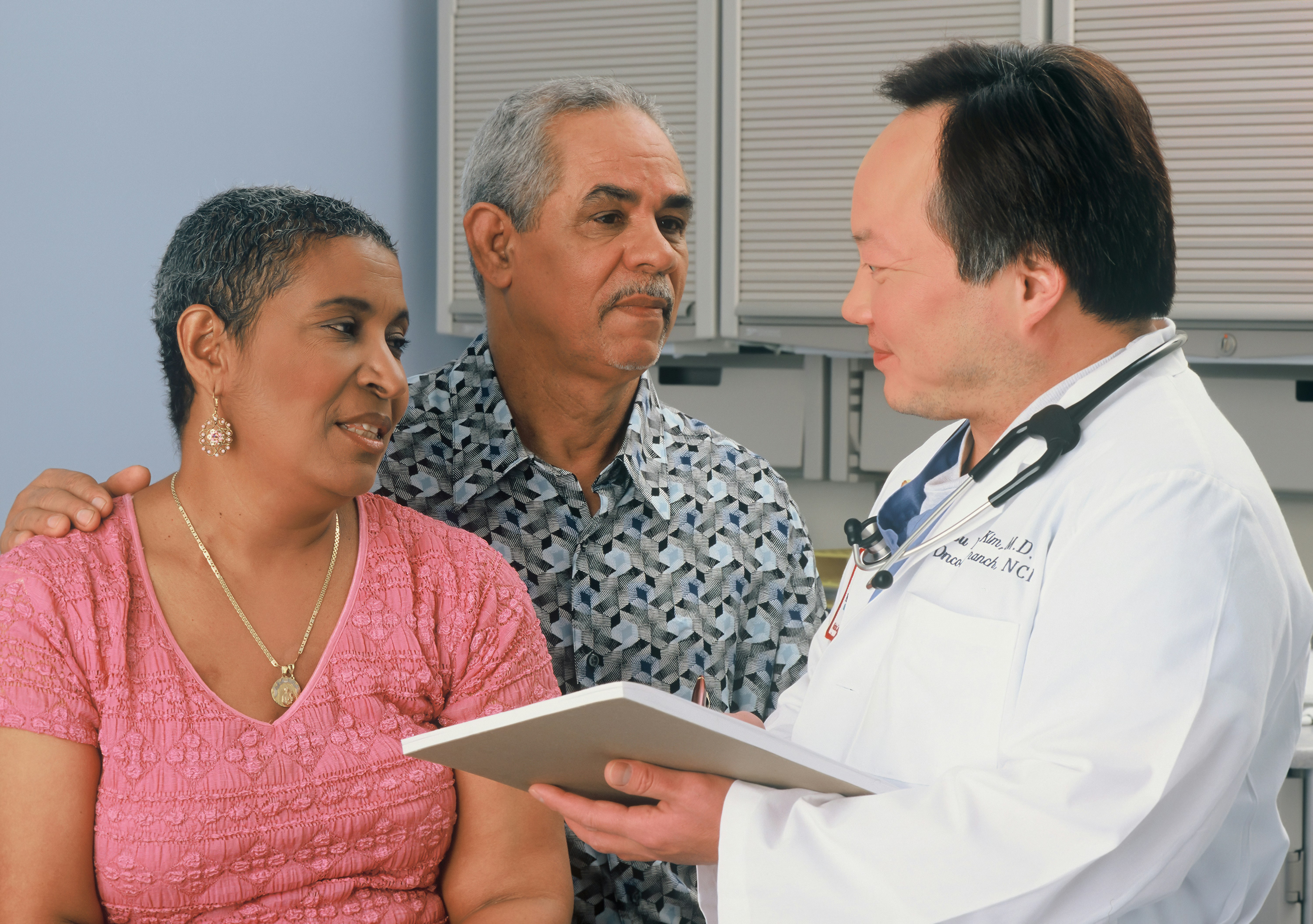
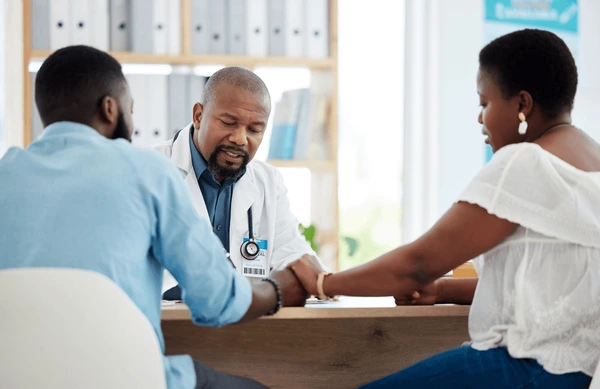
A cancer diagnosis has left you struggling to cope – now what? If you or a loved one are diagnosed with cancer, you may experience an overwhelming mix of emotions. It is normal to have feelings of fear, anger, sadness, and shock. You will need time to adjust to this new reality of living with or supporting someone through cancer. Focusing on what is within your control during uncertain times can offer a sense of comfort. Each person will cope with a cancer diagnosis differently. Here are some strategies that might help:
1. Learn about the cancer – Understanding the type of cancer and its treatment can provide you with a sense of control. Knowing the treatment timeline can reduce anxiety and help you mentally prepare for each day.
2. Talk with the cancer care team – Living with cancer involves addressing not only medical needs but also mental health. If you or your loved one are struggling with anxiety or depression from a recent diagnosis, inform the care team so they can offer support to help you manage it.
3. Lean on loved ones – Navigating the complex emotions after a cancer diagnosis can be lonely. Although friends and family may not fully relate to what you are going through, leaning on them for support can make them feel more helpful. If your loved one has been diagnosed, do not be afraid to reach out to them and ask how to best support them.
4. Find support groups – It can be hard for someone who has not had cancer to understand what its like and how it feels. It may help to talk to people who have been through the same experience. You can learn more about what to expect and receive direct support. Your care team and hospital can connect you with support groups for cancer patients.
5. Take care of yourself – Spending time doing things you enjoy can help improve your mental and physical health. It can make you feel more in control of your life and help you cope with the stress of living with cancer. Daily life enrichment could look like listening to music, expressing your feelings through art, or physical activities like walking, stretching, or swimming.
Everyone’s experience with cancer is unique, and so are the ways to cope with it. This list is not exhaustive, and you may discover other strategies that work for you. Your local cancer organizations can also provide additional support and guidance as you adjust to this new chapter.















